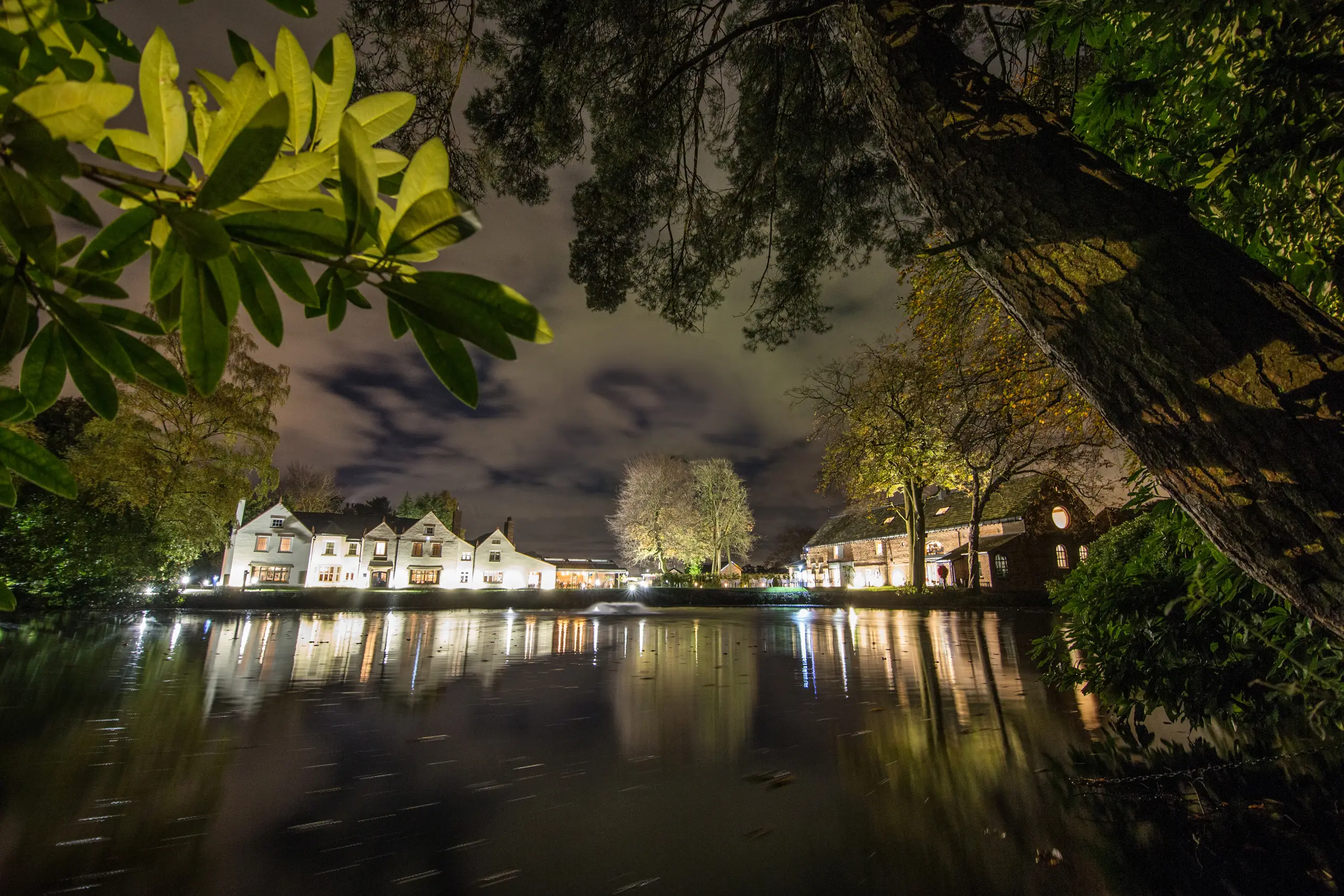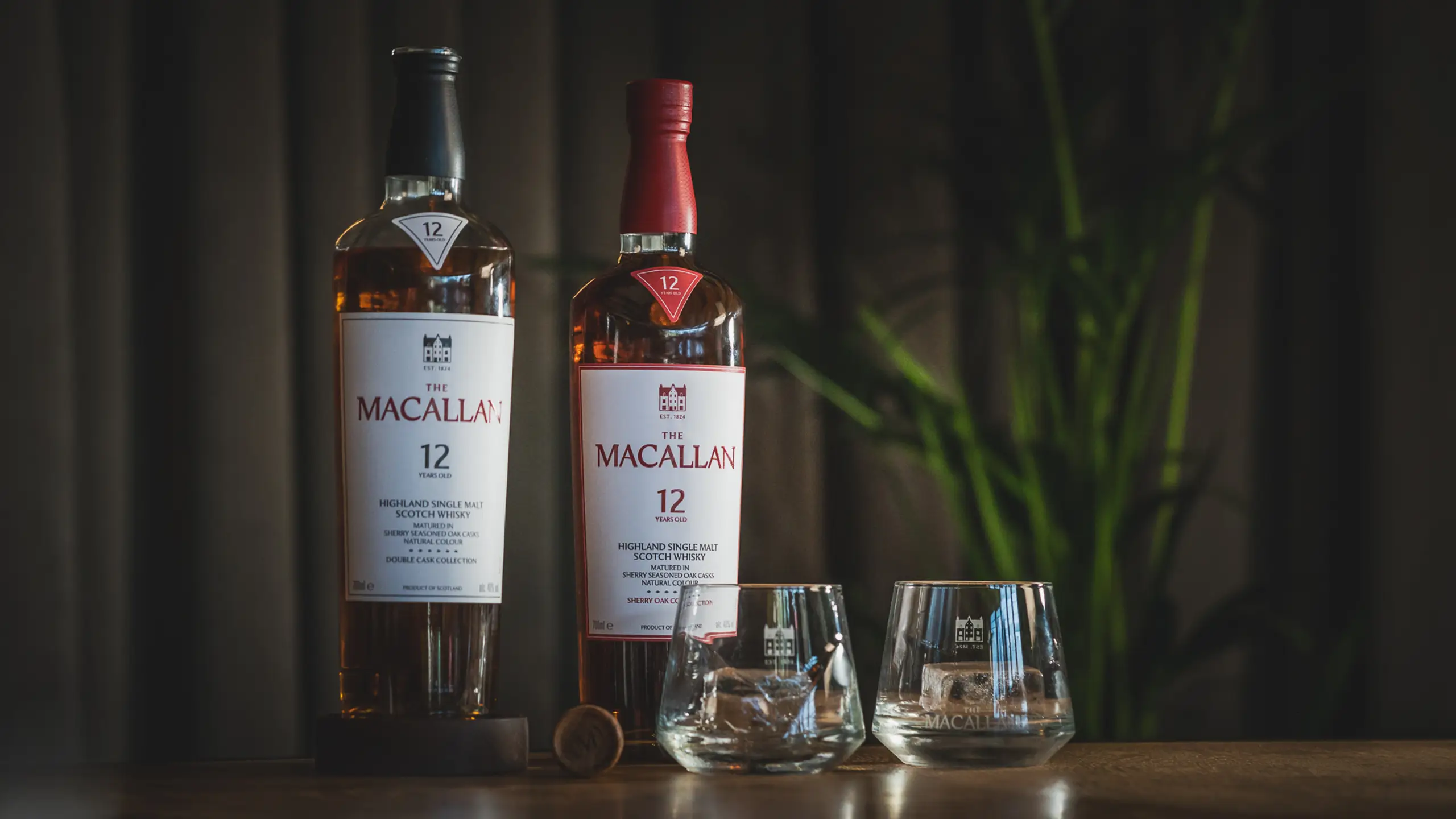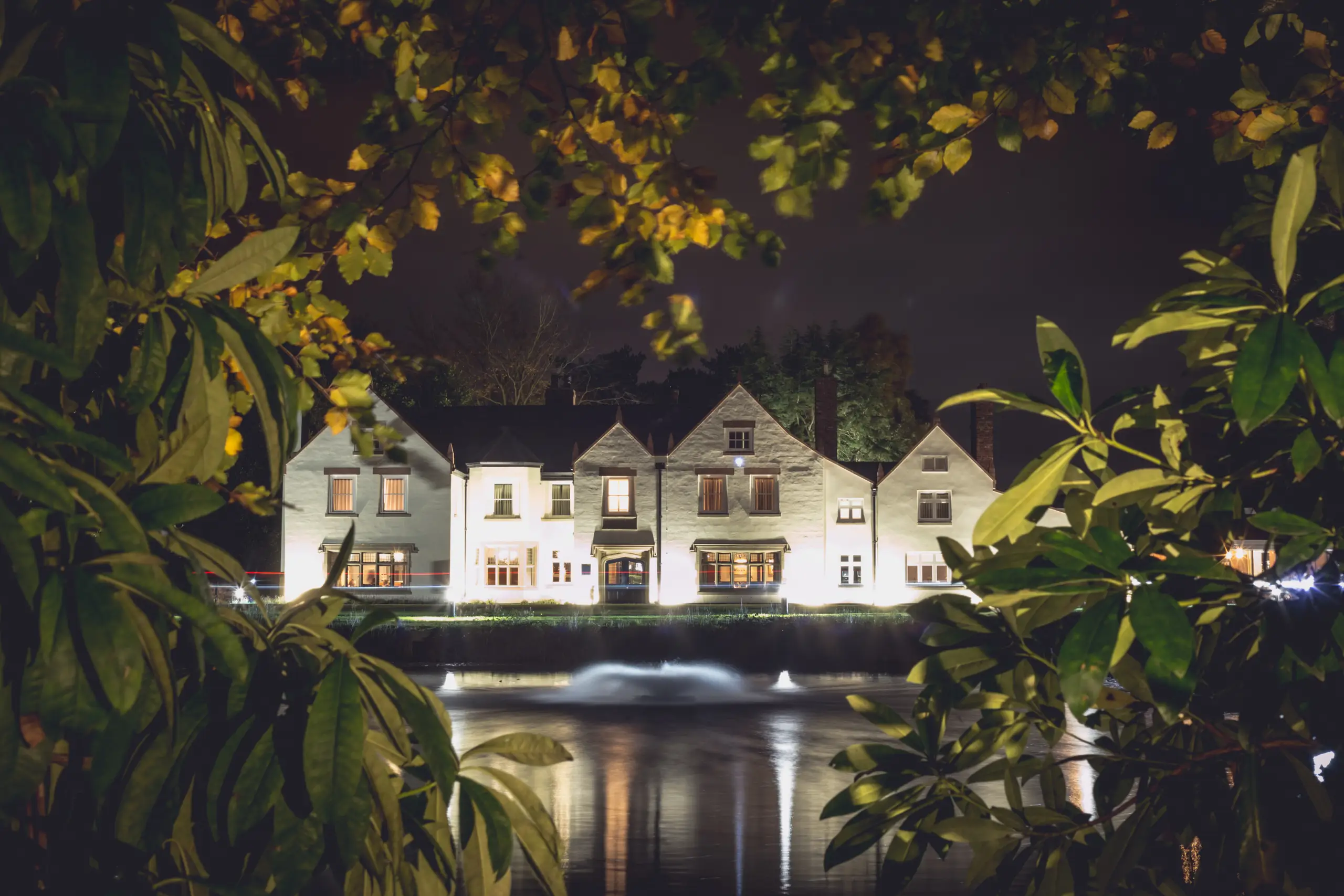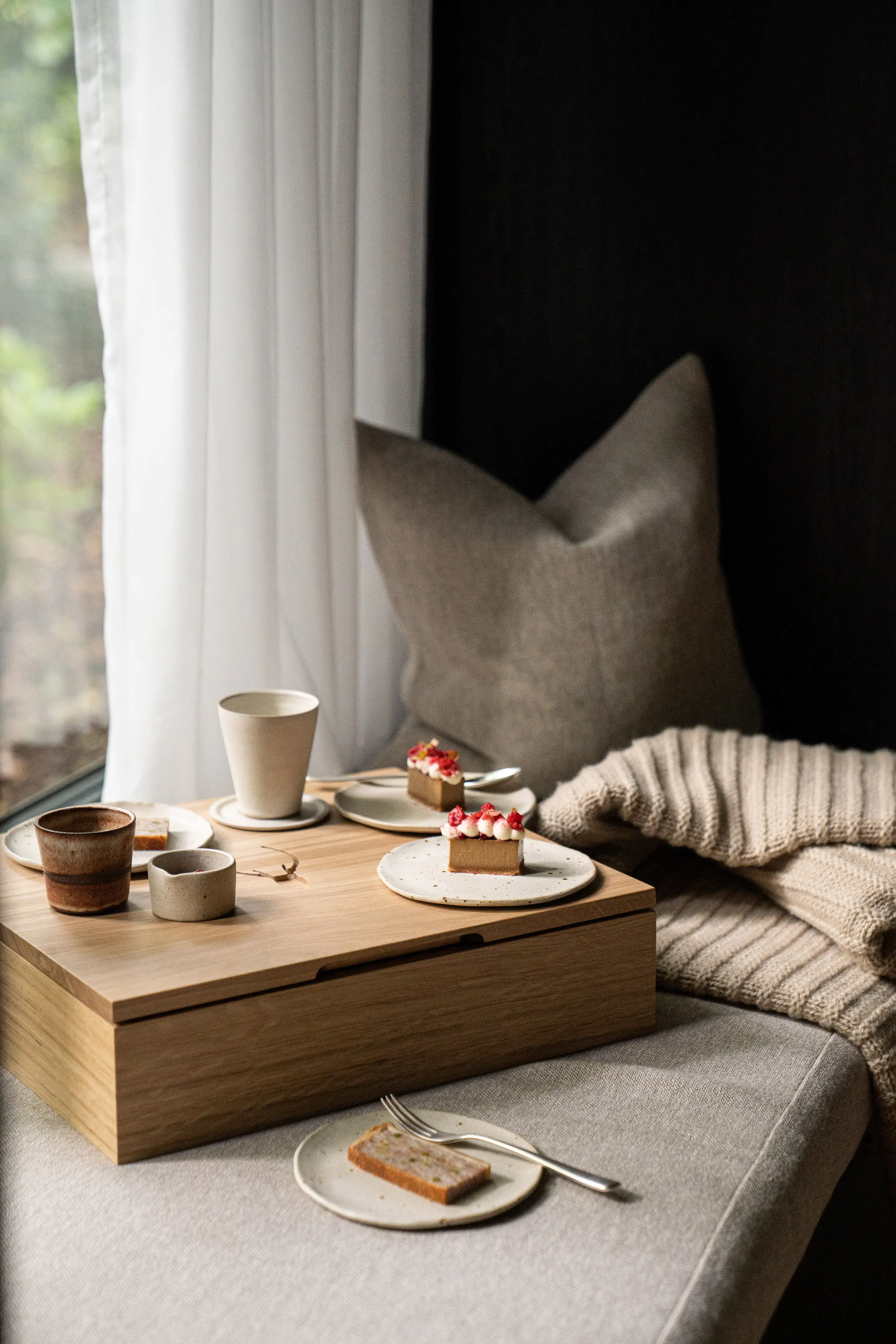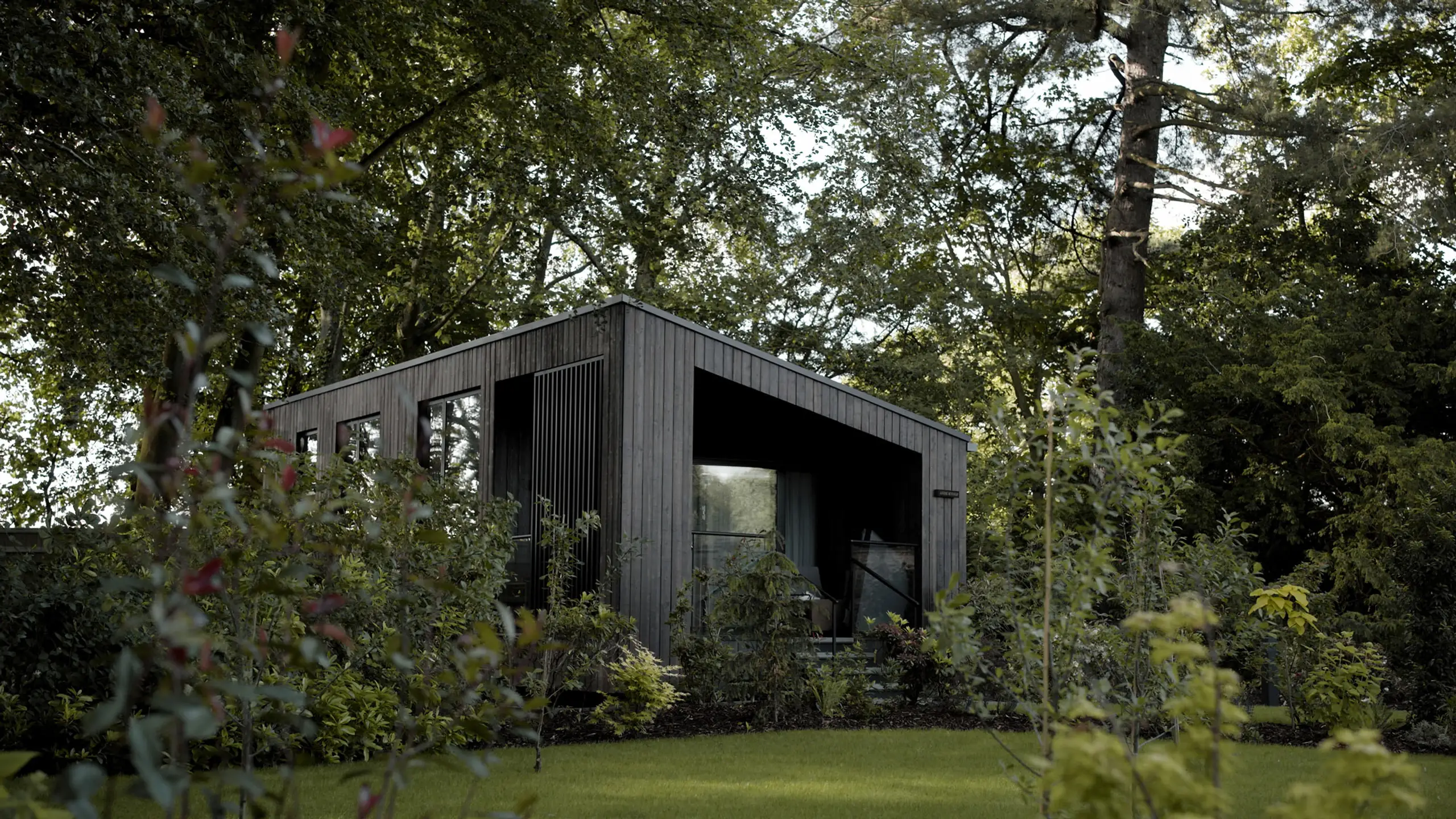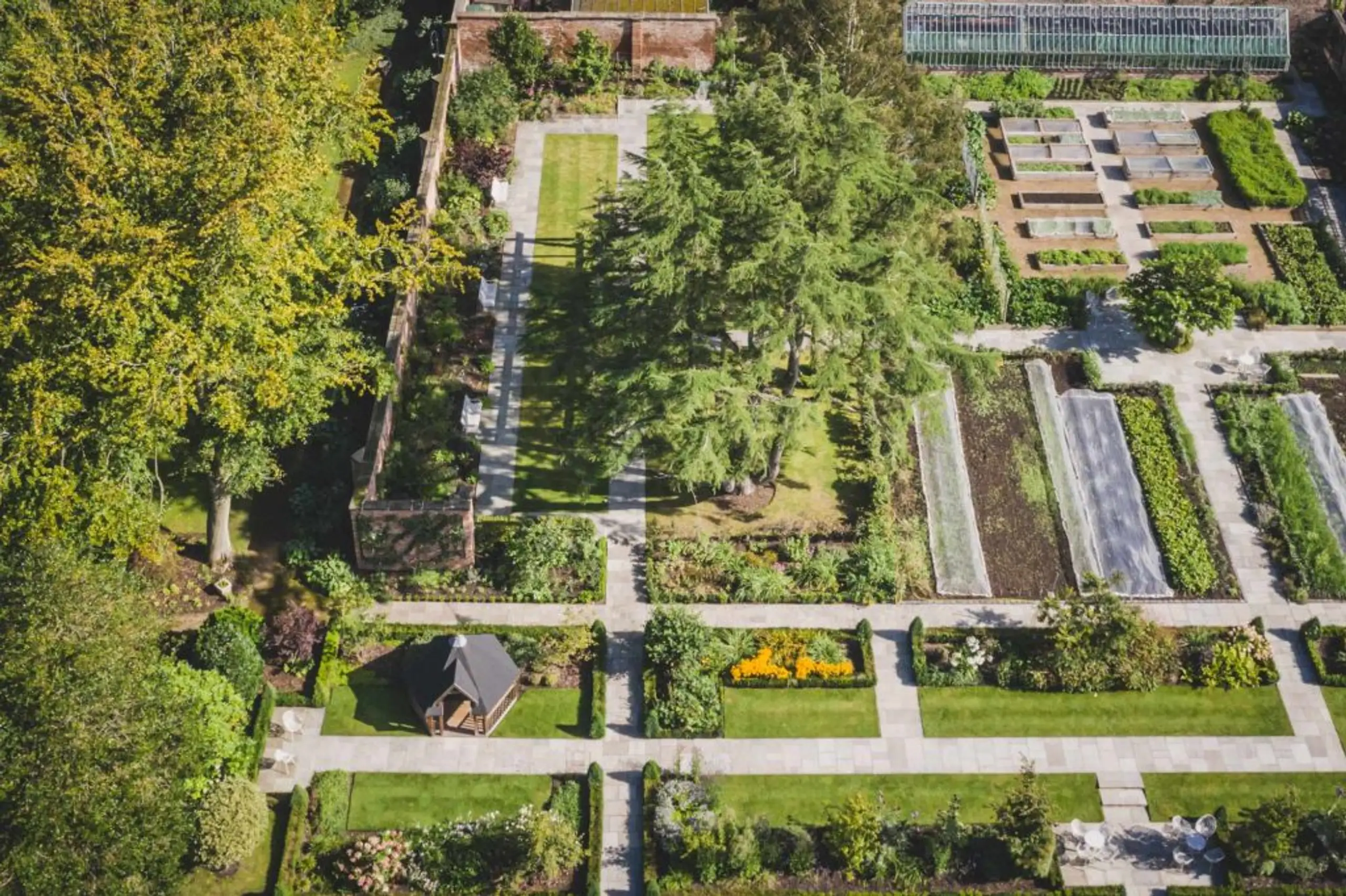
Published on August 18, 2022
The Michelin Green Star: What does it mean?
Moor Hall Restaurant's commitment to sustainability and what it means to hold a Green Michelin Star
Moor Hall Restaurant earned a Green Michelin Star for the first time in 2022.
As one of 27 UK restaurants to hold the award, we are very proud to be leading the way on sustainability in hospitality. Using seasonal ingredients from the local area is a central theme in all of our menus, but our commitment to future generations doesn't stop there. In this blog post, we'll talk about some of the things Moor Hall does to make a positive impact on the planet.
What is a Green Michelin Star
Green Michelin Stars were introduced in the 2021 Michelin Guide. They're awarded to restaurants that are best in class when it comes to sustainable practices. Michelin don't have a specific formula for awarding Green Stars, but they do say they're looking for restaurants that can demonstrate excellent environmental and ethical leadership.
Some of the criteria for a Michelin Green Star include:
- Use of seasonal and local produce
- Approach to waste and packaging
- Energy use and emissions
- Support for employees and local communities
- Support for charities
Moor Hall's commitment to sustainability
Chef Patron Mark Birchall said: "Sustainability is part of our philosophy at Moor Hall. Our menus are inspired by the local surroundings and home-grown seasonal ingredients. We let the local character shine through in of our dishes and we don't compromise on the health of the planet to do it. If we can't source anything from the Hall estate or from our garden, it will come from a network of local suppliers that we know personally and try to visit whenever we can. We've recently made lots of site improvements to gear up for a sustainable future. These include a new wildflower meadow, Porsche electric vehicle charging points and eco-friendly cabins that are new for 2022."
How did Moor Hall win a Green Michelin Star?
Moor Hall's submission for a Green Michelin Star covered five main areas:
- Provenance of ingredients
- Organic farming
- Reducing waste
- Repurposing materials
- Staff wellbeing
We've included more detail and some examples of sustainability initiatives below.
Provenance of ingredients
We grow as much as possible on our five-acre estate and are self-sufficient on micro herbs, baby vegetables and edible flowers. Throughout the year guests can sample all sorts of fresh produce from our garden, including peas, beans, courgettes, fruit and leafy greens. Any produce we can't grow ourselves comes from a trusted local supplier. All of our meat is reared in the Northwest and we only use sustainable fish from British waters. All our suppliers have full traceability, so we can always tell guests where their food has come from.
Organic farming
Our gardens only use organic farming techniques based on the 'no dig' philosophy. This means we don't dig the beds to improve soil health and reduce weeds. We don't use any chemicals in our garden either, preferring to work with nature instead of fighting against it. We have four beehives to promote pollination and use biological controls like ladybirds and hedgehogs to keep pests away.
Reducing waste
Our team take great care not to waste any food in the kitchen. Scraps that can't be used or repurposed will go into compost. We've completely eliminated single-use plastic for food storage and asked all of our suppliers to move to recycled or reusable packaging where they can. We've also installed a water filtration system so we can serve high-quality water without relying on plastic bottles and we recycle other drink containers like wine bottles and beer kegs.
Repurposed materials
Construction work is thought to be responsible for around 40% of carbon emission globally. When Moor Hall was converted into a restaurant, the team was eager to retain as many original features as possible both to minimise the environmental impact of renovations and to keep the character of the building alive. Some of the features and materials that couldn't be safely or practically maintained were instead repurposed. Sandstone from the original building was infused into the crockery used at Moor Hall by local ceramic artist Sarah Jerath. 16th Century oak beams from the original barn were also repurposed into corridor cladding, wooden tableside pegs and a garden pergola.
Further Reading
Lancashire is a land of abundance. Our gardens teem with fruit and vegetables and flowers and herbs. In season here you might eat peas straight out of the pod, so fresh all they need is a touch of salt and nasturtium oil. What we don’t grow we seek out from the amazing produce tended and nurtured by local farmers and artisans.
On site we’re also busy with charcuterie, bread-making and our own micro-dairy. There’s always something interesting to explore or a discovery to be made. And we like to share what we find.


